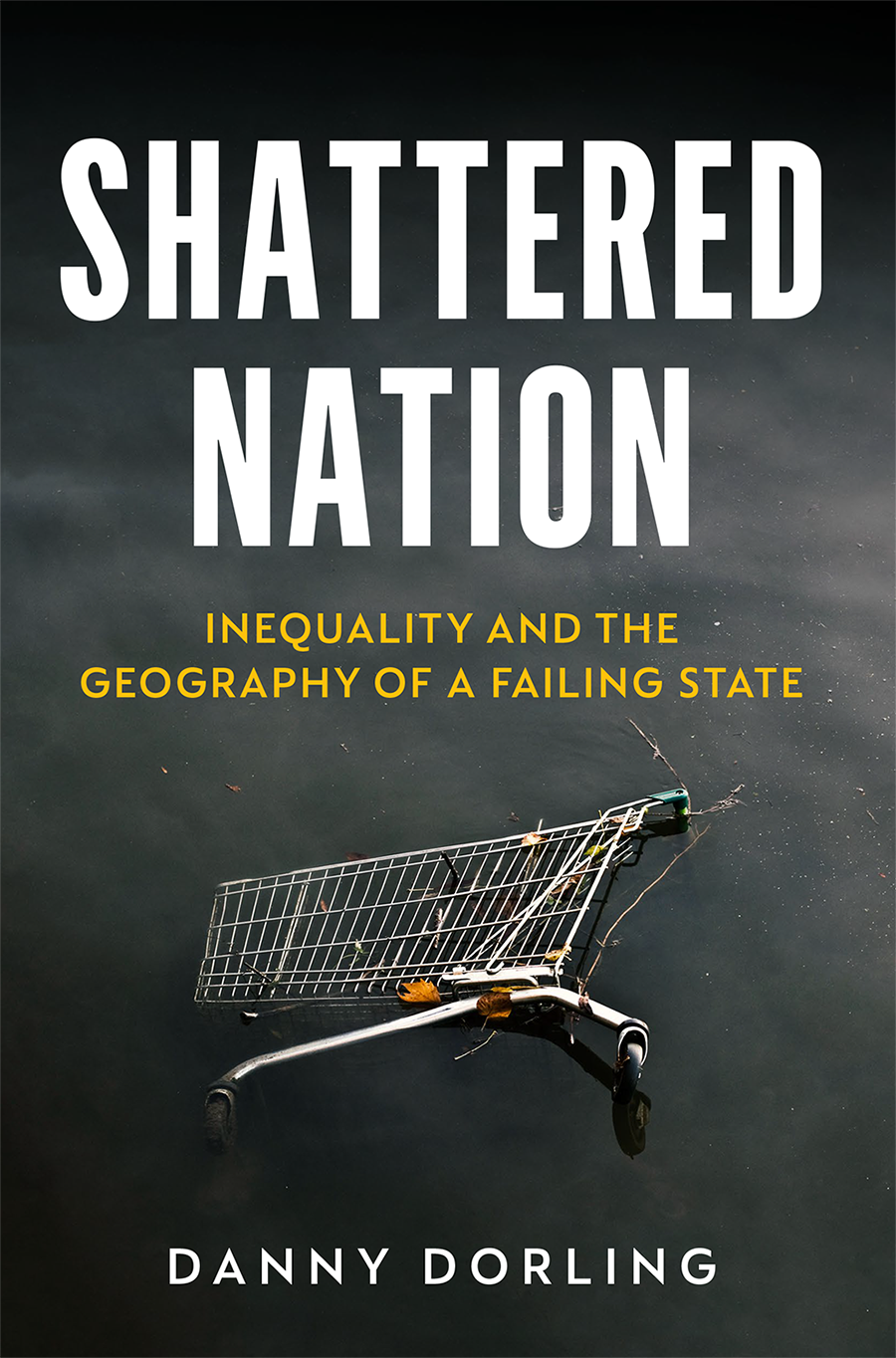Shattered Nation
Inequality and the Geography of a Failing State

Inequality and the Geography of a Failing State

Danny has a wonderful way of describing huge events and issues, via both semi-personal anecdotes and thoughtful observations, which makes this book a page-turner.
In his analysis he rapidly punctures the illusion that Britain is a nation at ease with itself, cares for all, and is free of corruption. The national self-deception that we are a nation of fairness and justice is systematically exploded here by his calm and persistent use of factual observations of the lives of the UK’s people, from the super-rich to the increasingly poor and socially left behind, in all parts of the country.
His view that Britain had reached its zenith of equality in 1971, both economically and in terms of opportunity, is interesting. It never felt like that at the time, as there was a newly emboldened Tory government moving in the direction of free markets and monetarism, which Margaret Thatcher galloped into a decade later.
However, there is a lot of food for thought in his reminders that in the early 1970s there was free universal health care, a welfare state that sought to adhere to the Beveridge principles, and free further and higher education that provided huge opportunities for learners, to the benefit of the nation as a whole.
The decades since then have seen a decline in overall public spending, with the exception of defence. For many people in Britain, living standards have become much worse and there has been an enormous rise in poor mental health.
Danny also points out that our public service ethos, encapsulated in the NHS principles, has been systematically undermined by internal markets and the growth of public debt to the private sector, such as the practices New Labour oversaw through the Private Finance Initiative.
It is not surprising that Margaret Thatcher described New Labour as her greatest achievement as it set the country on a more rightward path than even she had embarked on in 1979.
Currently Britain is a place of great inequality, with four million children living in poverty and our media feeding us a daily diet of celebrity adoration and ritual condemnation of anyone who offers a different vision. As Shattered Nation reveals the terrible levels of poverty, hunger and inequality in today’s UK, it also compares it to other European countries – and shows us that there are alternatives.
Setting out these home truths could have made for a depressing and disempowering read, but that is clearly not Danny’s intention. His final words – in a wonderfully hopeful conclusion – is that essentially it is up to us, all of us, to argue for a society that really does care for all, and challenge the media narrative that there is no alternative.